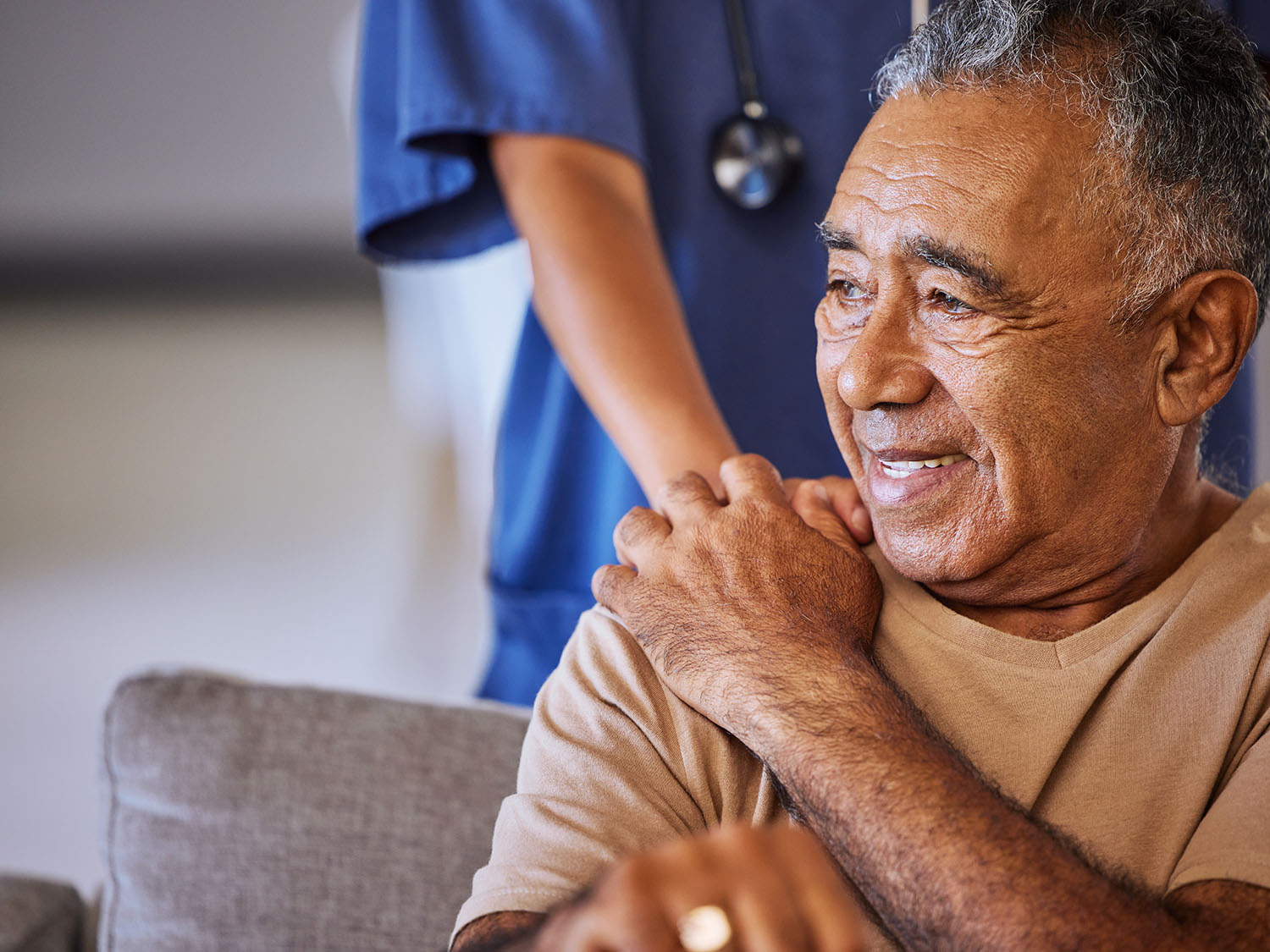A Guide to Being a Caregiver for an Elderly Surgical Patient
As our loved ones age, the need for medical attention and surgery becomes increasingly common. Being a caregiver for an elderly surgical patient can be a challenging but profoundly rewarding experience. It requires patience, compassion, and a strong support system to navigate the road to recovery. In this blog post, we will explore the unique aspects of caregiving for elderly surgical patients and provide valuable insights to help you provide the best care possible.
1. Preparing for Surgery
Before the surgery, it’s crucial to be well-prepared.
- Consult with the medical team: Start by discussing the surgery with the medical team, including the surgeon, anesthesiologist, and nursing staff. Make sure you understand the procedure and any potential complications.
- Arrange transportation: Plan for transportation to and from the hospital. You may need to arrange for an accessible vehicle or wheelchair if mobility is an issue.
- Medication management: Keep track of the patient’s medications, allergies, and dietary restrictions, and make sure these are communicated to the healthcare team.
2. Emotional Support
Surgery can be a stressful experience for anyone, and elderly patients often have additional fears and anxieties. Your emotional support is invaluable during this time.
- Be a reassuring presence: Offer comfort and reassurance to alleviate anxiety and stress. Let them know you’re there to support them.
- Open communication: Encourage open and honest communication. Ensure they feel heard and respected, and address their concerns with empathy.
- Distraction and engagement: Help them pass the time by engaging in activities they enjoy, such as reading, listening to music, or even watching a favorite show.
3. Post-Surgery Care
After the surgery, your role as a caregiver becomes even more critical.
- Medication management: Ensure they take prescribed medications on time and in the correct doses. Keep a medication schedule to avoid confusion.
- Wound care: If the patient has surgical wounds, follow the medical team’s instructions for wound care, and watch for any signs of infection.
- Mobility and physical therapy: Assist with exercises and encourage mobility, as appropriate. Physical therapy can be a vital part of the recovery process.
4. Nutritional Support
Proper nutrition is essential for the healing process.
- Follow dietary guidelines: Ensure that the patient follows any dietary recommendations provided by the healthcare team.
- Maintain hydration: Encourage them to drink enough fluids to prevent dehydration.
- Prepare nutritious meals: If possible, prepare healthy meals that align with their dietary needs.
5. Fall Prevention
Elderly patients are at a higher risk of falls, which can complicate their recovery.
- Home safety: Make necessary modifications to the home to reduce the risk of falls, such as adding handrails and removing tripping hazards.
- Assist with mobility: Help them move around safely, using mobility aids if necessary.
- Monitor for dizziness or weakness: Be vigilant for signs of dizziness or weakness, as these can lead to falls.
6. Respite and Self-Care
Taking care of yourself is just as important as caring for your loved one.
- Seek support: Don’t be afraid to ask for help from friends, family, or professional caregivers.
- Schedule breaks: Take regular breaks to recharge and avoid caregiver burnout.
- Emotional well-being: Pay attention to your emotional health and seek counseling or support groups if needed.
Being a caregiver for an elderly surgical patient is a significant responsibility, but it’s also an opportunity to provide comfort and assistance during a challenging time. Your compassion, dedication, and the support you offer can make a substantial difference in the recovery process. Remember to take care of yourself, seek guidance from healthcare professionals, and maintain open communication with your loved one to ensure the best possible care and recovery experience.


